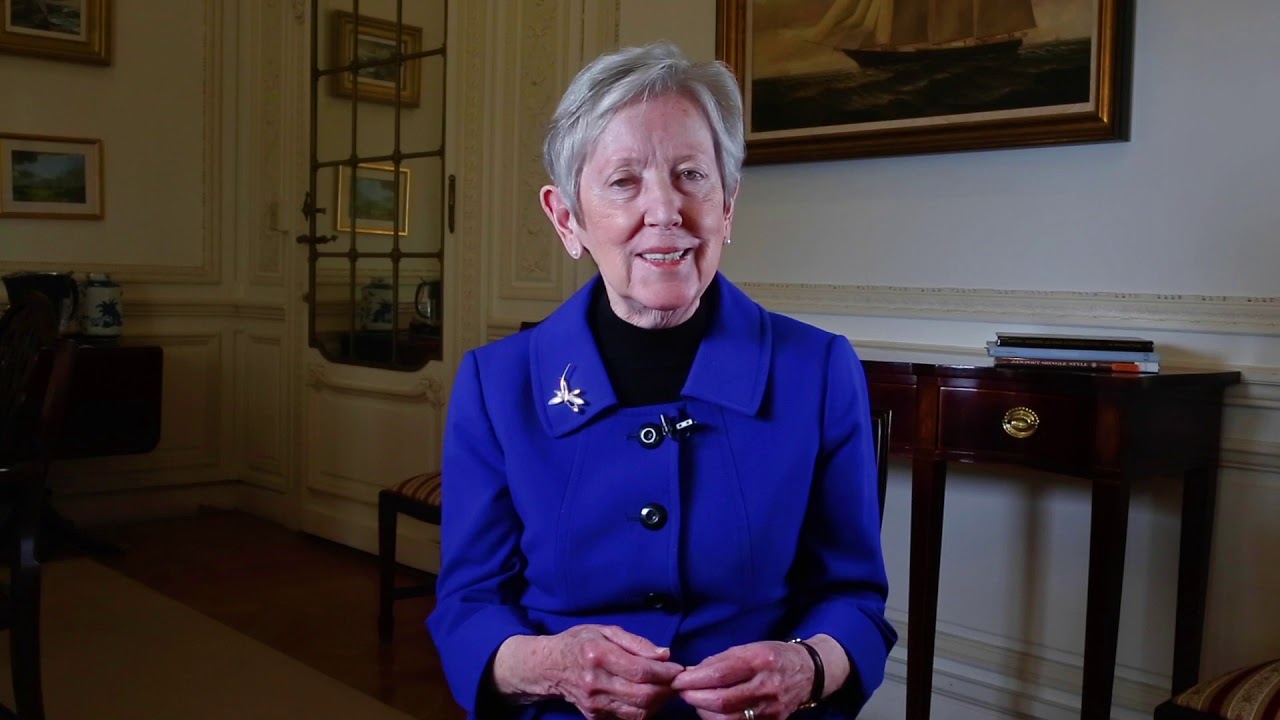Introduction: Religion in Rhode Island
Religion plays a significant role in the cultural landscape of Rhode Island. As the smallest state in the United States, Rhode Island boasts a rich history of religious diversity and tolerance. This article will explore the various religions followed in the state, shedding light on the dominant religion, Christianity, as well as non-Christian faiths such as Judaism, Islam, Hinduism, Buddhism, and others. Additionally, we will discuss the presence of atheism and agnosticism in Rhode Island, showcasing the state’s religious landscape.
Historical Background: Religious Freedom in the State
Rhode Island has a unique historical background that emphasizes religious freedom. Founded by Roger Williams in 1636, the state was established on the principles of religious tolerance and separation of church and state. Williams, a Puritan dissenter, sought a refuge where individuals of all faiths could practice their religion freely. This tradition of religious freedom has continued to shape the state’s culture and religious landscape to this day.
Dominant Religion: Christianity in Rhode Island
Christianity is the dominant religion in Rhode Island, with a majority of the population identifying as Christians. The major Christian denominations in the state include Catholicism, Protestantism, and various branches of Orthodox Christianity. These denominations have a strong presence in Rhode Island, with numerous churches, cathedrals, and religious institutions serving their respective communities.
Denominations: Various Christian Sects in the State
Rhode Island is home to a wide range of Christian sects and denominations. Catholicism is the largest Christian denomination in the state, with a significant number of Rhode Islanders identifying as Catholics. Protestant denominations such as Baptists, Methodists, Episcopalians, and Congregationalists also have a substantial following in the state. Additionally, Rhode Island is home to various Orthodox Christian communities, including Greek Orthodox, Russian Orthodox, and Armenian Orthodox churches.
Religious Diversity: Non-Christian Faiths in Rhode Island
Rhode Island’s religious diversity extends beyond Christianity. The state is home to vibrant and growing communities of non-Christian faiths. These include Judaism, Islam, Hinduism, Buddhism, Sikhism, Jainism, and others. While these faiths may have smaller populations compared to Christianity, they contribute to the rich tapestry of religious beliefs and practices in the state.
Judaism: A Significant Religious Minority in the State
Judaism has a long history in Rhode Island, dating back to the colonial era. Jewish communities have made significant contributions to the state’s culture, economy, and intellectual life. Today, synagogues and Jewish community centers can be found throughout Rhode Island, serving the spiritual and communal needs of the Jewish population. Judaism remains an important religious minority in the state, fostering a sense of diversity and inclusivity.
Islam: Growing Muslim Community in Rhode Island
Islam has been steadily growing in Rhode Island, with a diverse and vibrant Muslim community. Mosques and Islamic centers are present in various cities, providing spaces for prayer, education, and community outreach. The Muslim community in Rhode Island is diverse, consisting of individuals from different ethnic and cultural backgrounds. Their presence adds to the religious diversity of the state and promotes interfaith dialogue and understanding.
Hinduism: A Small but Significant Presence in the State
Hinduism, although a minority religion in Rhode Island, has a small yet significant presence. Hindu temples can be found in different parts of the state, serving as religious and cultural centers for the Hindu community. These temples host festivals, rituals, and spiritual gatherings, fostering a sense of identity and community among Rhode Island’s Hindu population.
Buddhism: Exploring Buddhist Communities in Rhode Island
Buddhism has gained a following in Rhode Island, with several Buddhist communities established in the state. Buddhist temples and meditation centers provide spaces for practitioners to engage in spiritual practices and learn about Buddhist teachings. Rhode Island’s Buddhist communities offer a peaceful and contemplative atmosphere, attracting individuals interested in mindfulness, meditation, and the philosophy of Buddhism.
Other Religions: Sikhism, Jainism, and more in Rhode Island
In addition to the major world religions, Rhode Island is also home to smaller religious communities, such as Sikhism and Jainism. While these communities may have smaller populations, they contribute to the religious diversity of the state and enrich the cultural fabric of Rhode Island. Sikh gurdwaras and Jain temples can be found, serving the needs of these communities and providing spaces for religious observance and community engagement.
Atheism and Agnosticism: Non-religious Population in the State
Alongside various religious communities, Rhode Island is also home to a significant non-religious population. Atheism and agnosticism have a presence in the state, with individuals who identify as non-religious or secular. Rhode Island’s commitment to religious freedom extends to those who choose not to affiliate with any particular religion, ensuring that all residents have the freedom to express their beliefs or lack thereof.
Conclusion: Rhode Island’s Religious Landscape
Rhode Island’s religious landscape is marked by its historical commitment to religious freedom and tolerance. Christianity remains the dominant religion, with various Christian denominations represented. However, the state also boasts a diverse array of non-Christian faiths, including Judaism, Islam, Hinduism, Buddhism, Sikhism, Jainism, and others. This religious diversity contributes to the cultural richness and inclusivity of Rhode Island, fostering understanding and dialogue among different religious communities and the non-religious population.




